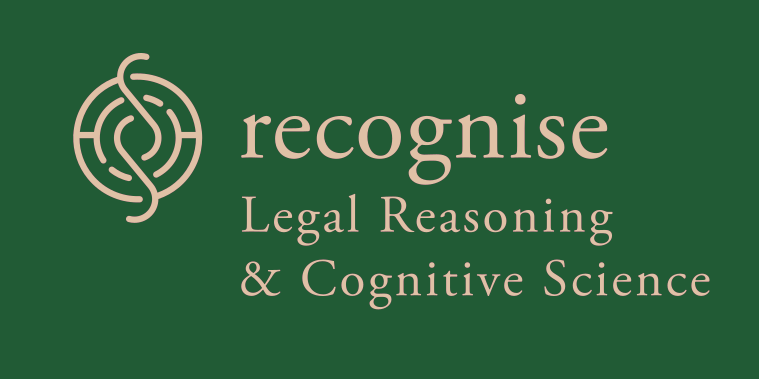General

The Nature of Emotion
The editors of this unique volume have selected 24 leading emotion theorists and asked them to address 12 fundamental questions about the subject of emotion. For example; Are there basic emotions? ...

Handbook of Emotions: Fourth Edition
Recognized as the definitive reference, this handbook brings together leading experts from multiple psychological subdisciplines to examine one of today's most dynamic areas of research. ...

How Emotions are Made
A new theory of how the brain constructs emotions that could revolutionize psychology, health care, the legal system, and our understanding of the human mind
Who's Afraid of Law and the Emotions? - Minnesota Law Review
By Kathryn Abrams & Hila Keren. Full text here. Law and emotions scholarship has reached a critical moment in its trajectory. It has become a varied and dynamic body of work, mobilizing diverse ...

Judging and Emotion: A Socio-Legal Analysis
Judging and Emotion investigates how judicial officers understand, experience, display, manage and deploy emotions in their everyday work, in light of their fundamental commitment to impartiality. ...

The Passions of Law
The Passions of Law is the first anthology to treat the role that emotions play, don't play, and ought to play in the practice and conception of law and just...










